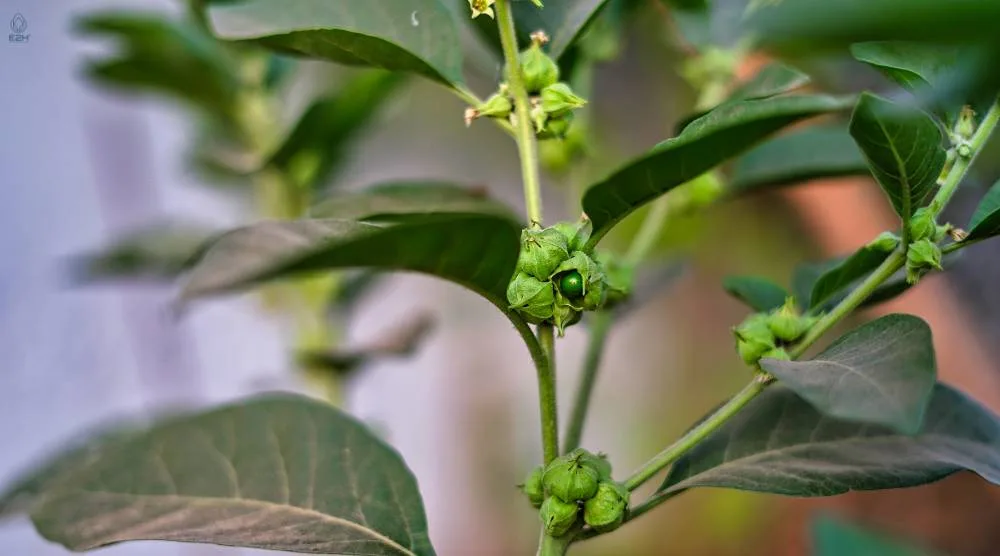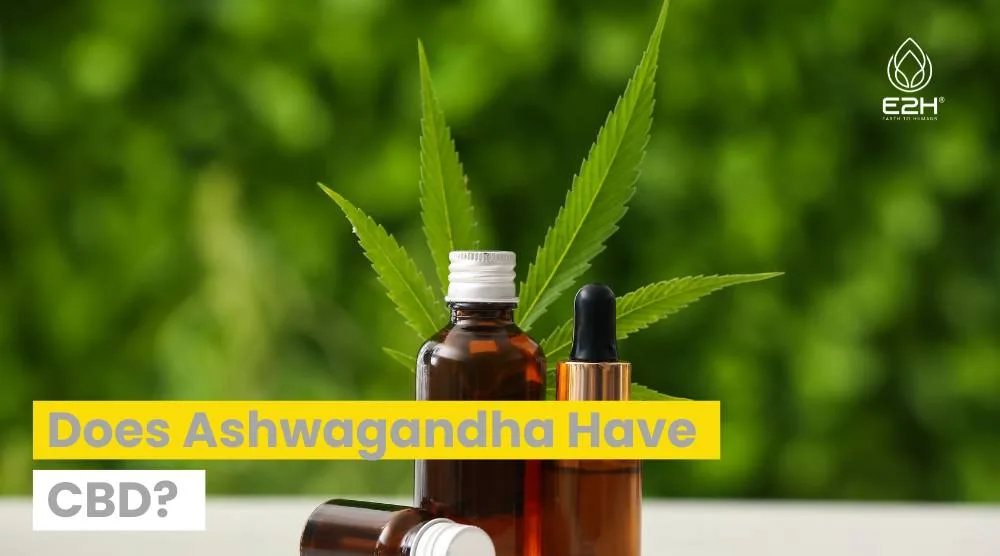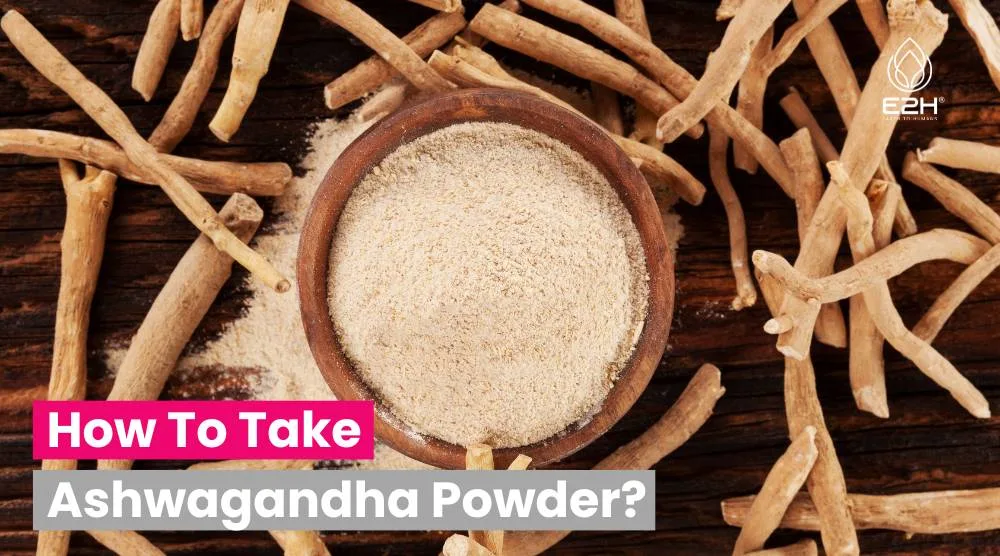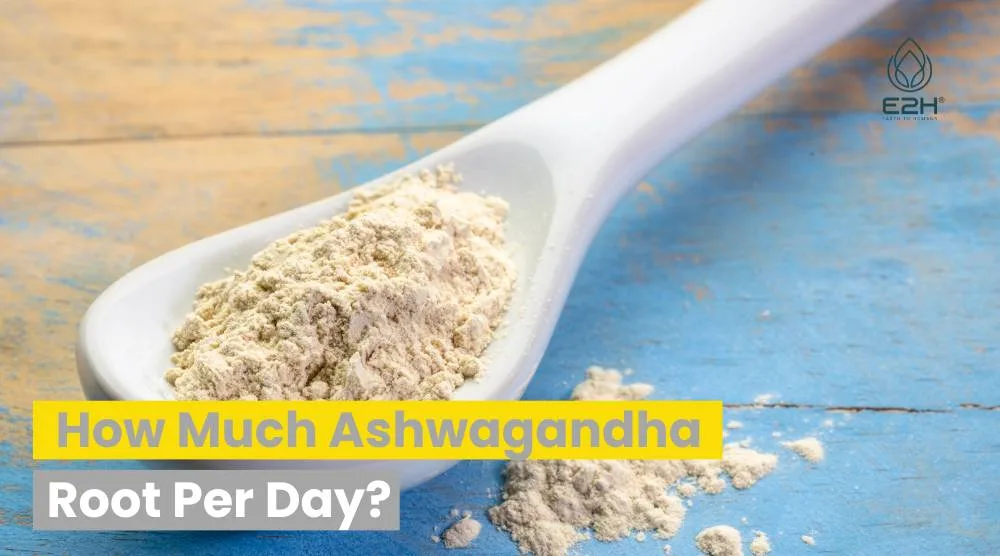Does Ashwagandha Have Caffeine: No, ashwagandha does not contain caffeine. It is a naturally caffeine-free herb known for its stress-reducing properties.
Curious about how ashwagandha can benefit you without the buzz of caffeine? Keep reading to discover its unique advantages and how it can enhance your daily wellness routine.
Is there caffeine naturally present in Ashwagandha?
Ashwagandha, a prominent herb in Ayurvedic medicine, does not naturally contain caffeine. It is known for its adaptogenic properties, which help the body manage stress. Unlike caffeine, which is a stimulant, ashwagandha works differently. It aids in reducing stress and anxiety without the stimulating effects of caffeine. This makes it a popular choice for those seeking natural ways to relax and improve their overall well-being, without the energy boost typically associated with caffeine.

Can Ashwagandha be considered a source of caffeine?
No, Ashwagandha cannot be considered a source of caffeine as it contains no caffeine. It is an adaptogen, meaning it helps the body adapt to stress, but it does this without the stimulating effects of caffeine. People often turn to ashwagandha for its calming properties, which contrast the energizing nature of caffeine. Its use is more about achieving balance and reducing stress, rather than providing a boost of energy like caffeine-rich substances.
How and when should Ashwagandha and caffeine be taken together?
Combining ashwagandha and caffeine should be done thoughtfully to maximize their benefits while minimizing potential side effects. Start your day with caffeine, such as a cup of coffee, to kickstart your energy levels. This is best done in the morning to avoid interference with sleep patterns. Then, a few hours later, incorporate ashwagandha.
A typical dose is around 300-500 mg. Taking ashwagandha after experiencing the initial boost from caffeine helps in balancing the stimulating effects with its calming properties. This approach ensures that you get the alertness from caffeine, followed by the stress-reducing benefits of ashwagandha, leading to a more sustained and balanced energy level throughout the day. It’s important to consider individual tolerance and adjust the timing and dosage accordingly.
How can you improve the taste of Ashwagandha when mixed with coffee?
Improving the taste of ashwagandha when mixed with coffee can be achieved by adding natural sweeteners or flavor enhancers. Honey or maple syrup can sweeten the blend without overpowering the coffee’s flavor. Vanilla extract or cinnamon can also be added for a pleasant aroma and taste.

Additionally, using a creamer or milk, whether dairy or a plant-based alternative like almond or oat milk, can help smooth out the earthy taste of ashwagandha. Experimenting with these additions in small amounts allows you to find the perfect balance that complements both the coffee and ashwagandha supplements.
Can you provide a simple guide to combining Ashwagandha and caffeine for optimal results?
To effectively combine ashwagandha with caffeine, follow these steps:
- Morning Caffeine Intake: Start your day with your usual caffeine source, like coffee or tea. Keep the amount moderate, typically not exceeding 200-300 mg of caffeine (about 2-3 cups of coffee).
- Mid-Morning or Early Afternoon Ashwagandha: A few hours after your caffeine intake, take ashwagandha. The recommended dosage is usually between 300-500 mg. This helps in managing any potential stress or jitteriness caused by caffeine.
- Consistency and Moderation: Maintain a consistent schedule for taking both substances. Avoid consuming caffeine late in the day as it can disrupt sleep patterns.
- Observe and Adjust: Pay attention to how your body reacts to this combination. Some may require less caffeine or a lower dose of ashwagandha.
- Balanced Diet and Hydration: Ensure a balanced diet and stay hydrated throughout the day to support overall health and the effectiveness of both ashwagandha and caffeine.
Can ashwagandha with caffeine regulate CNS?
Ashwagandha and caffeine can have complementary effects on the central nervous system (CNS). Caffeine is a stimulant that boosts alertness by blocking adenosine receptors in the brain, leading to increased neuronal activity. Ashwagandha, on the other hand, is known for its stress-reducing properties. It can help mitigate the overstimulation sometimes caused by caffeine, leading to a more balanced state of alertness without excessive stress or anxiety. However, this combination doesn’t directly ‘regulate’ the CNS but rather influences its response to stress and stimulation.
Are there any potential side effects when combining caffeine with Ashwagandha?
- Increased Heart Rate: Caffeine’s stimulating effect might be slightly enhanced.
- Sleep Disturbances: Caffeine can interfere with sleep, especially if taken later in the day.
- Digestive Issues: Some individuals might experience mild stomach discomfort.
- Anxiety or Jitters: While ashwagandha can help, some may still experience caffeine-induced nervousness.
- Headaches: In some cases, the combination might trigger headaches, especially in caffeine-sensitive individuals.
In what situations should the Ashwagandha-caffeine combination be avoided, and who should steer clear of it?
| Situations to Avoid | Who Should Avoid |
|---|---|
| Pregnancy and Breastfeeding | Pregnant and Nursing Women |
| Pre-existing Heart Conditions | Individuals with Heart Disorders |
| Prior to Sleep | Those with Sleep Disorders |
| When Taking Certain Medications | Individuals on Specific Medications (e.g., Blood Thinners) |
| In Cases of High Blood Pressure | People with Hypertension |

How much ashwagandha with caffeine is advisable to consume?
When combining ashwagandha with caffeine, it’s advisable to stick to standard dosages. For caffeine, this typically means no more than 400 mg per day, which is roughly equivalent to four cups of brewed coffee. For ashwagandha, a daily dose of 300-500 mg is generally recommended. It’s important to distribute this intake throughout the day, perhaps taking ashwagandha a few hours after your caffeine dose to balance the stimulating effects with its calming properties. Remember, individual tolerance can vary, so starting with lower doses and observing your body’s response is wise.
FAQs For ‘Does Ashwagandha Have Caffeine?’
Does Ashwagandha naturally contain any caffeine?
No, ashwagandha is a caffeine-free herb, known for its stress-reducing properties.
Can I take ashwagandha if I’m sensitive to caffeine?
Yes, ashwagandha is suitable for those sensitive to caffeine as it contains no caffeine.
Is ashwagandha a good alternative to caffeinated drinks for energy?
Ashwagandha provides stress relief and balance, but it does not stimulate energy like caffeine.
Does combining ashwagandha with caffeine enhance its effects?
Combining ashwagandha with caffeine can balance energy boost and stress reduction.
Are there any stimulants in ashwagandha similar to caffeine?
Ashwagandha does not contain stimulants like caffeine; it works differently to manage stress.
Conlusion
Ashwagandha stands out as a unique herb, especially for those questioning, “Does Ashwagandha Have Caffeine?” It’s caffeine-free, making it an excellent choice for stress management without the stimulating effects of caffeine. This herb offers a natural way to maintain balance and wellness in your daily routine. So, if you’re looking for a calm and focused approach to your day, ashwagandha might just be the perfect addition to your wellness journey.














